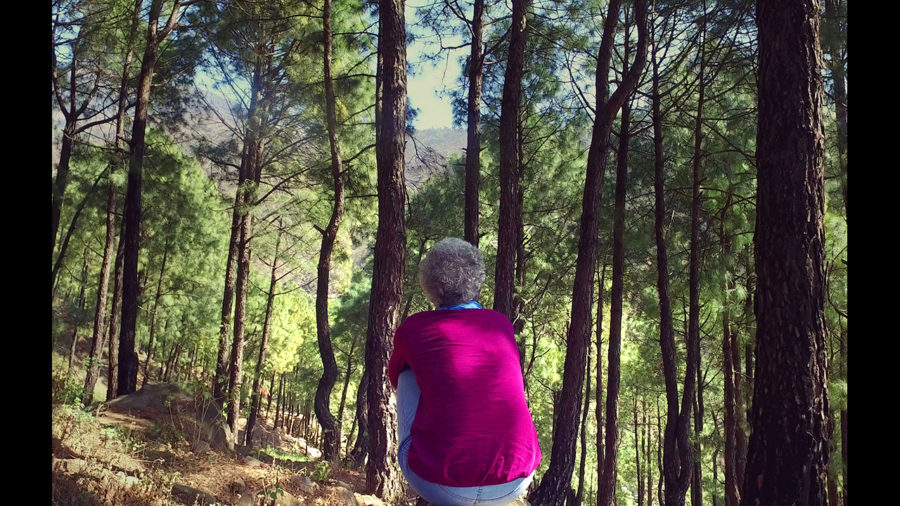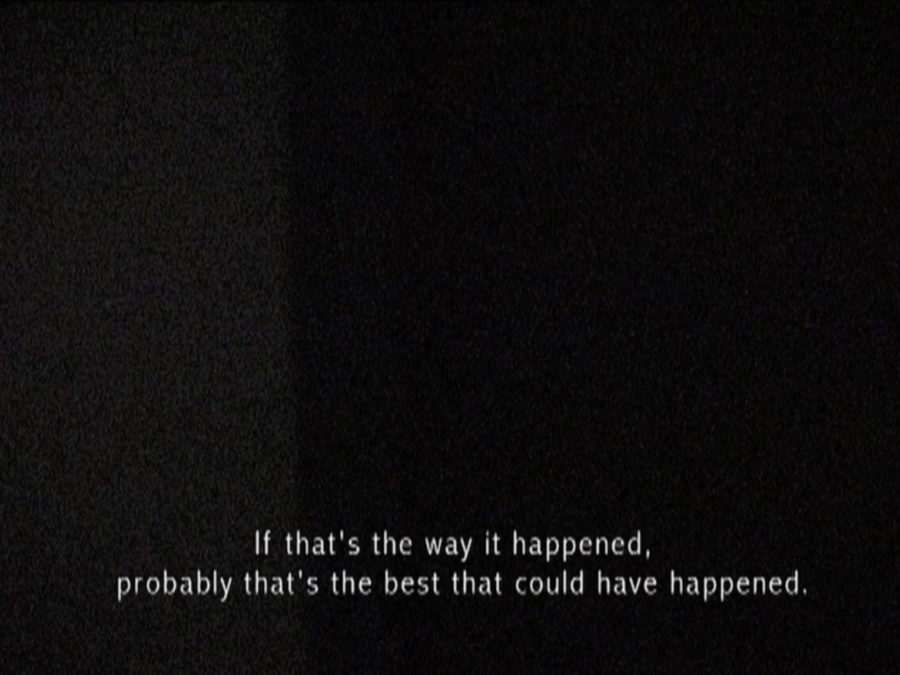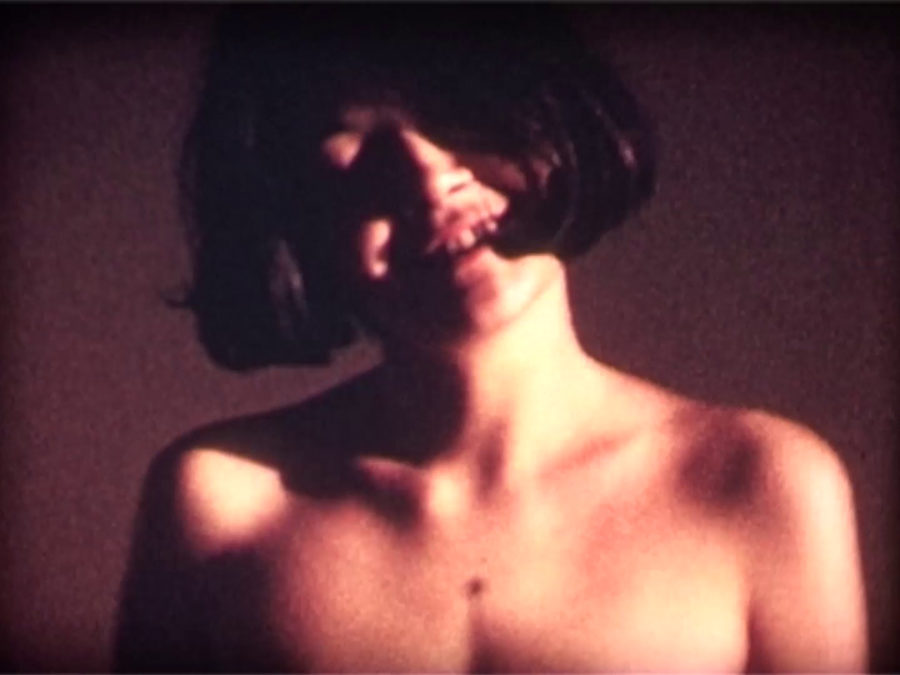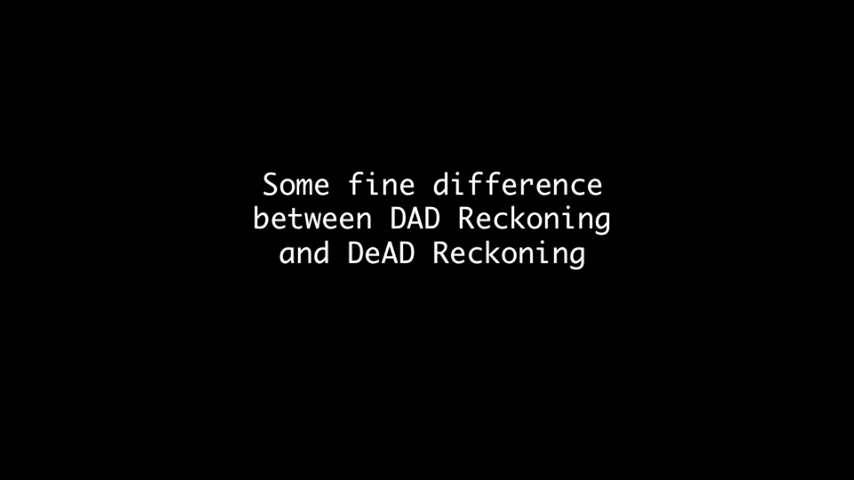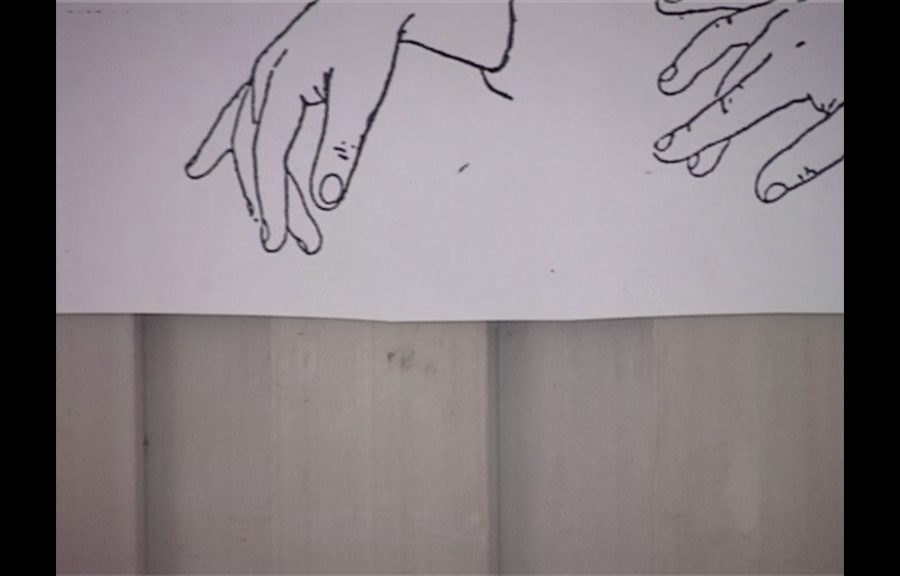Dear Animal is the story of a group of petty drug dealers who cannot find their stash because the pusher in charge of guarding their inventory has turned into a strange animal – a kind of goat with zebra stripes.
Which families are broken, which are made, which just coming into being?
In the couple of years following the 2011 Egyptian revolution, I noticed a rise of interest in animals in the writings of people around me. I started looking and finding more animals, animal news, and analogies appearing in the news, talk shows, opinion pieces, literary texts, and art projects. Possibly an attempt to revise or conversely to re-assert the status-quo and its catastrophic power relations. In this film, I focused on two significant pieces of writing* from that period in which animals curiously appeared – not as metaphors, symbols, or prosthetic tongues for an endangered political subject, but as indeterminate shifting forms with uncertain beginnings and ends.**
In Letters to His Parents, in a note from 1939 when Theodor W. Adorno’s parents had emigrated from Germany and were waiting for their US visas in Havana, the philosopher wrote at his most personal: “I am a hippo with a tough life. First, there is the thick skin, then the huge masses of flesh, which makes him float under water – and only then comes the substance.”*** Personal anecdotes such as these also crop up in the publication in 1951 when Adorno returned from sunny California to a ravaged Frankfurt. He would die in Switzerland in 1969, shortly after being humiliated by a female protester flashing her breasts to counter his conservative position on students protests. But that is another story (or maybe not)…
Throughout his life, Adorno tried to understand authority. He maintained that family is not just its malicious outpost but also a stronghold able to withstand fascism, which in turn attacks it violently. Adorno was also known to love zoos, and, in his family, all members were assigned different animals.
My dears: this is but a brief note to welcome you to the new world, where you are now no longer all too far away from us.
I would only like to give you two pieces of advice today: 1.) do not eat any uncooked pork, as the risk of trichinosis is very high throughout America, 2.) take great care from the start to protect yourselves against the sun, which must be considerable now in Cuba, 3.) be very careful in your dealings with other emigrants.
12 May 1939****
Some of Adorno’s greetings addressed to his mother:
Heartiest kisses from your now audibly whinnying horses Hottilein and Rossilein
My faithful, dear old Wondrous Hippo Cow,
My dears faithful old Wondrous Hippo Cow animal,
I kiss you upon your rosy hippo snout, Your old Archibald
My Giant Hippo Cow,
My dears faithful old Wondrous Hippo Cow Marinumba,
Marinumba, my Hippo Cow-Sow,
Marinumba my animal,
Marinumba my dearest Hippo Cow animal,
Mumma my animal,
Heartiest kisses
from your old childTeddie*****
* The film by Maha Maamoun uses a story by Haitham El-Wardany about a drug dealer who turned into an animal as well as excerpts from letters written by Azza Shaaban, a woman filmmaker involved in the Egyptian revolution now active in India.
** Maha Maamoun in an interview: https://www.ibraaz.org/essays/171 (retrieved 20/10/2018).
*** Theodor W. Adorno, Letters to His Parents: 1939-1951, (Cambridge: Polity, 2006).
**** Theodor W. Adorno, Letters to His Parents: 1939-1951, (Cambridge: Polity, 2006), p. 20 (eBook).
***** Anthology of quotes from ibid.
Maha Maamoun works with text and still and moving images. She is interested in the form, function, and currency of common visual and literary images, and how they shape the cultural fabric we weave and are woven into. She also works collaboratively on publishing and curatorial projects, and is a founding board member of the Contemporary Image Collective (CiC) – a non-profit art space established in Cairo in 2004. In 2013, she co-founded Kayfa ta: an independent publishing initiative and book series.
